China is willing to develop healthy and stable military-to-military relations with the United States on the basis of equality and respect, and jointly implement the military-related consensus reached by the two heads of state during their meeting in San Francisco in November, according to a statement released by the Ministry of National Defense on Wednesday.
The statement was released after the 17th defense policy coordination talks between China and the U.S., which were held in Washington earlier this week.
This was the first such event since then U.S. House speaker Nancy Pelosi visited China's Taiwan region in 2022, and it comes as China and the U.S. are resuming military communication at various levels.
The two-day talks, which concluded on Tuesday, were co-chaired by an official from the Central Military Commission's International Cooperation Office and U.S. Deputy Assistant Secretary of Defense Michael Chase.
The U.S. should acknowledge China's concerns and do more to promote the development of bilateral military ties, said the ministry's statement.
China also reiterated its position on the Taiwan question and the South China Sea issue.
The country will never compromise on the Taiwan question and called on the U.S. side to abide by the one-China principle, implement its relevant commitments, stop arming Taiwan and oppose "Taiwan independence", the statement said.
China also urged the U.S. to reduce its military deployment and provocative actions in the South China Sea and stop providing support to certain countries that have infringed on China's territorial integrity and caused provocations.
The U.S. should fully recognize the root causes of maritime and air security risks, strictly restrain its front-line troops and stop hyping up problems, the ministry said.
China has also made clear its solemn position and major concerns on issues concerning China's core interests and international hot spot issues, it added.
A readout from the U.S. Department of Defense said that the two sides discussed U.S.-China defense relations, and the U.S. side highlighted the importance of maintaining open lines of military communication in order to prevent competition from veering into conflict.
This was the first meeting under the mechanism of China-U.S. defense policy coordination talks since Pelosi's provocative visit to China's Taiwan region, which triggered a series of Chinese countermeasures, including the cancellations of the DPCT, the China-U.S. Military Maritime Consultative Agreement meetings and telephone conversations between theater commanders.
At November's historic summit between President Xi Jinping and U.S. President Joe Biden in San Francisco, they agreed to, on the basis of equality and respect, resume high-level military-to-military communication, including the three canceled mechanisms.
After the San Francisco summit, General Liu Zhenli, chief of staff of the Central Military Commission's Joint Staff Department, talked with General Charles Brown, Jr., chairman of the U.S. Joint Chiefs of Staff, via video link in late December.
The U.S. Department of Defense said in the readout that it will continue to engage in active discussions with Chinese counterparts about future engagements between defense and military officials at multiple levels.
The DPCT was established in 2005. The most recent dialogue under the mechanism was held in 2021, according to the department.
Hu Bo, director of Peking University's Center for Maritime Strategy Studies, said that the DPCT serves as a crucial platform for China and the U.S. to exchange views on military relations and policies.
Its primary function is to implement the important consensus reached by the leaders of both countries and defense officials, Hu said, noting that it involves agenda coordination at the working level for bilateral communication and dialogue.
He emphasized that the DPCT has been the "most active" dialogue mechanism between the two militaries in the past, with meetings held annually. "All military exchanges between the two sides are communicated and coordinated through this mechanism," he added.
An international relations researcher with a military academy, who asked to remain anonymous, said that the DPCT is very important for the two countries to know about their concerns and enhance mutual trust, adding that previously, some actions or opinions of both sides could be adjusted through the key communication mechanism.
jiangchenglong@chinadaily.com.cn









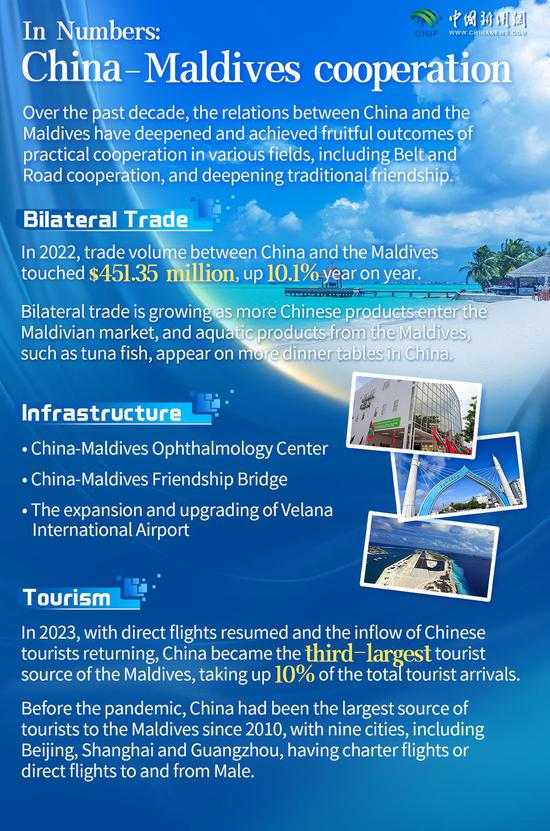
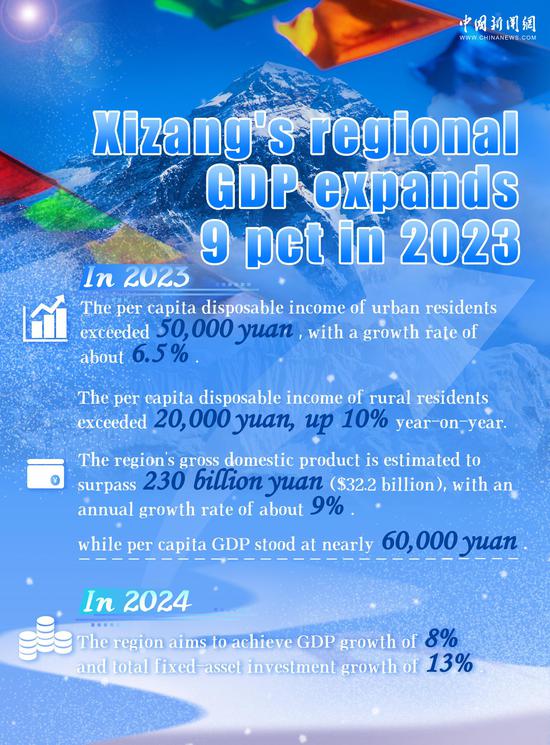
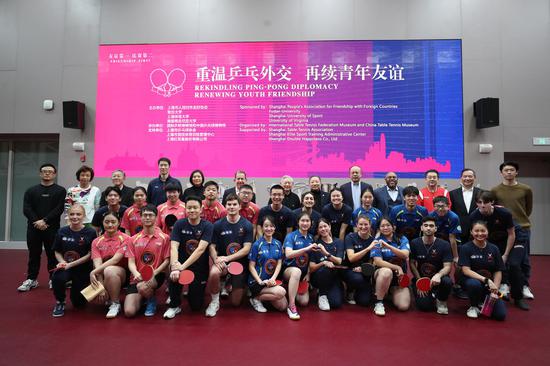
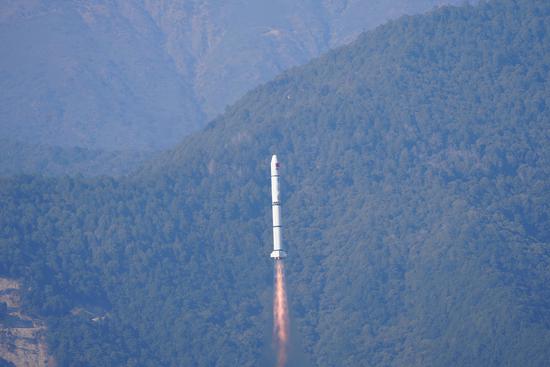
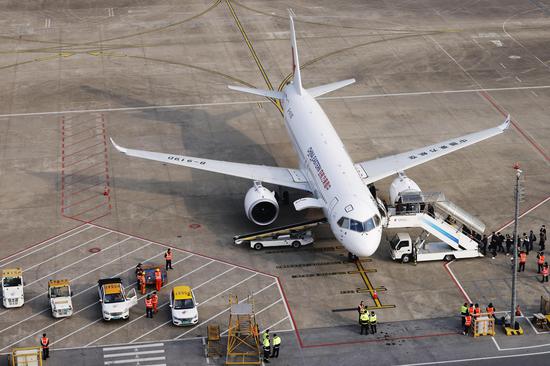
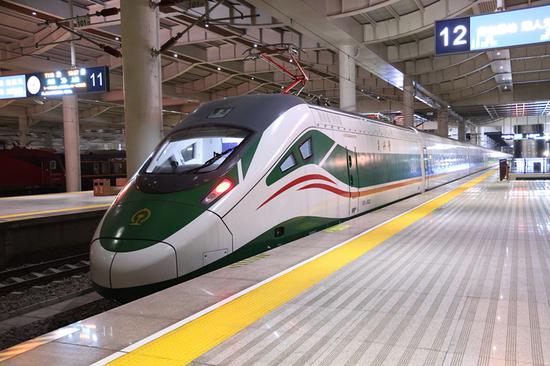

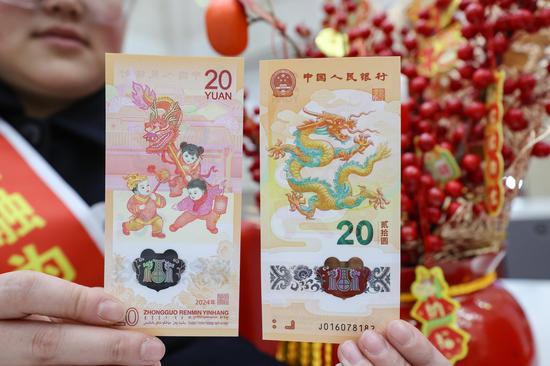
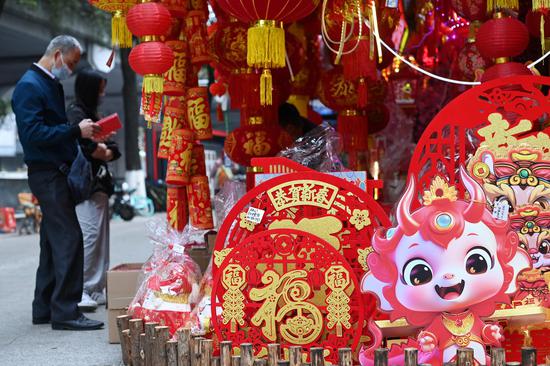
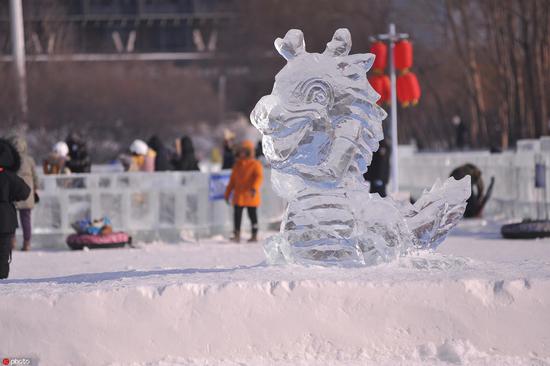



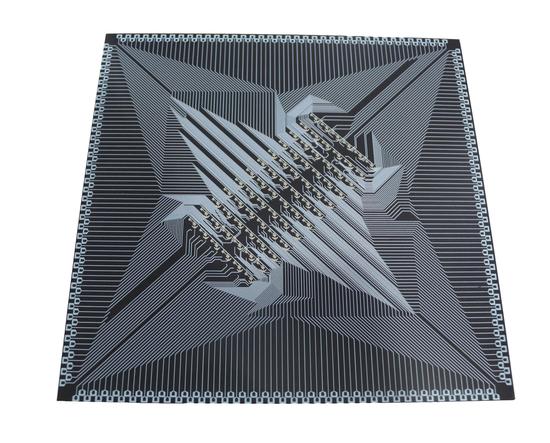
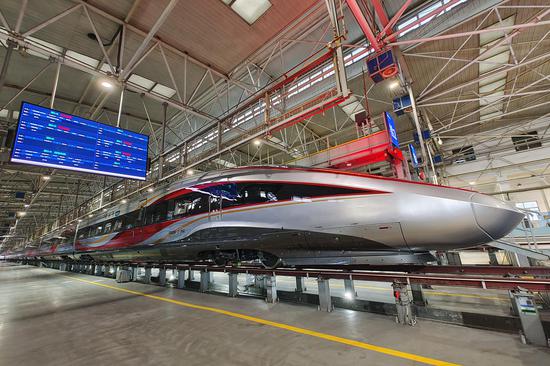
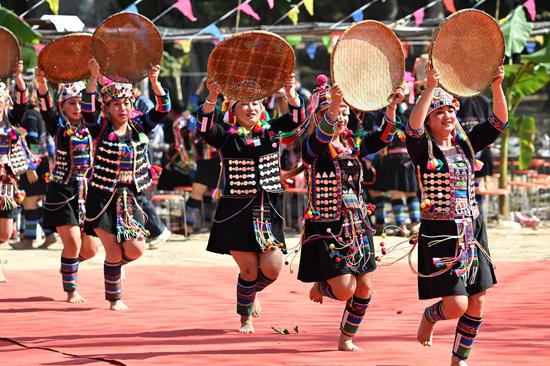

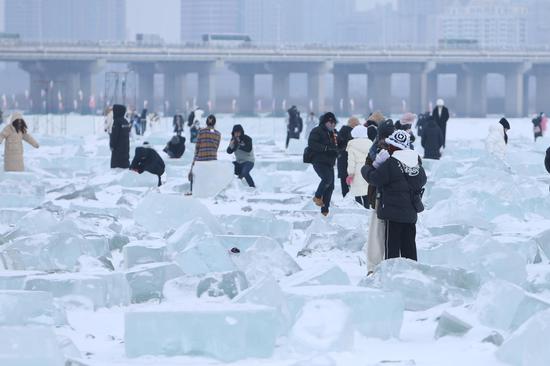
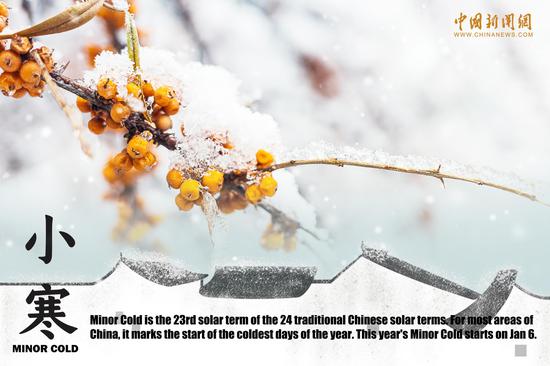



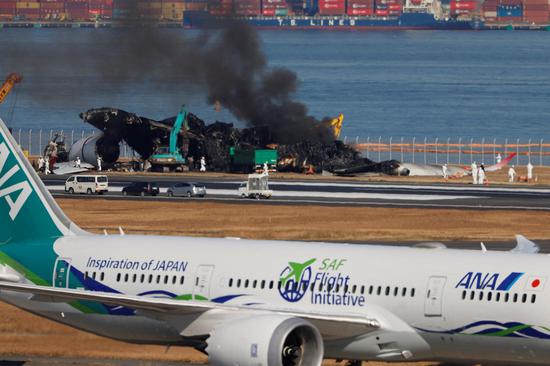

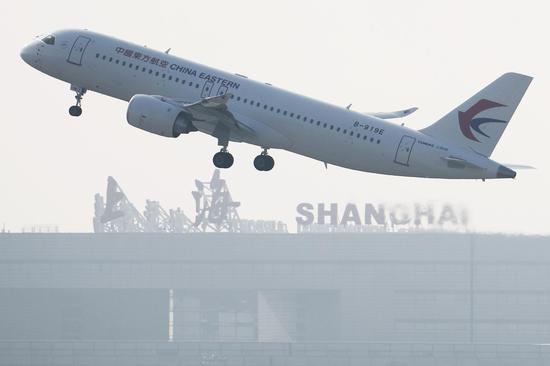
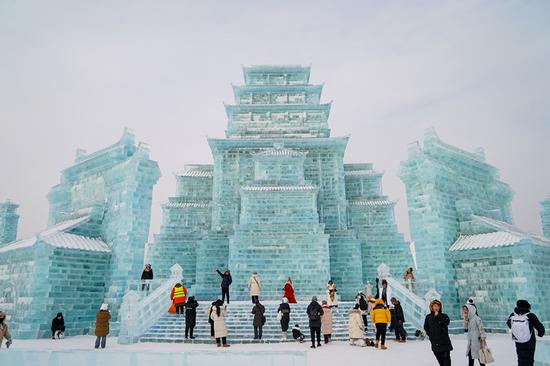

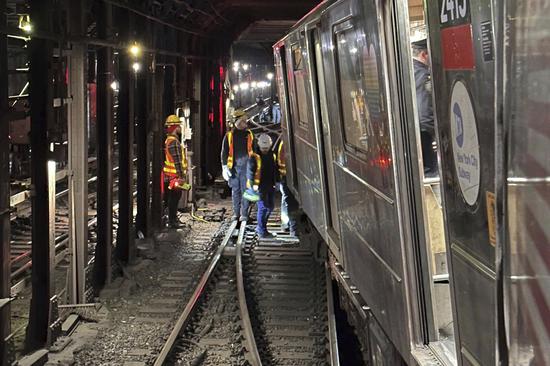

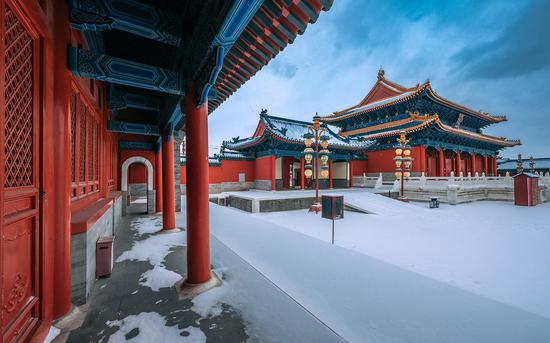


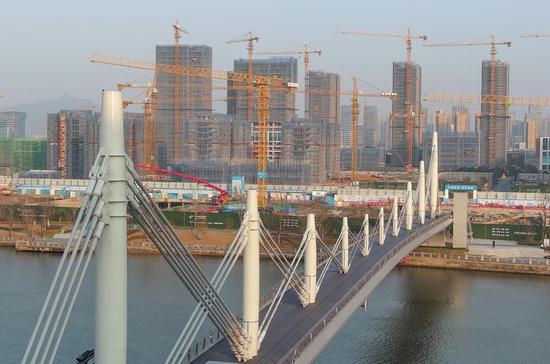

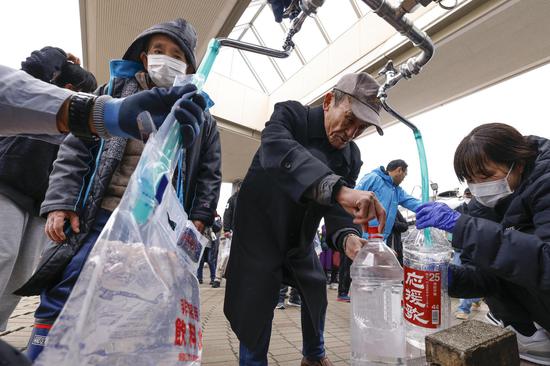
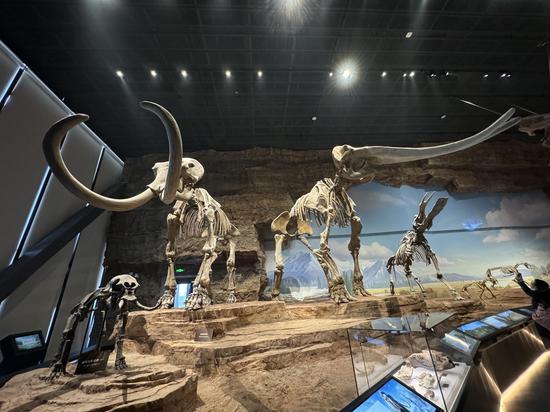





 京公网安备 11010202009201号
京公网安备 11010202009201号